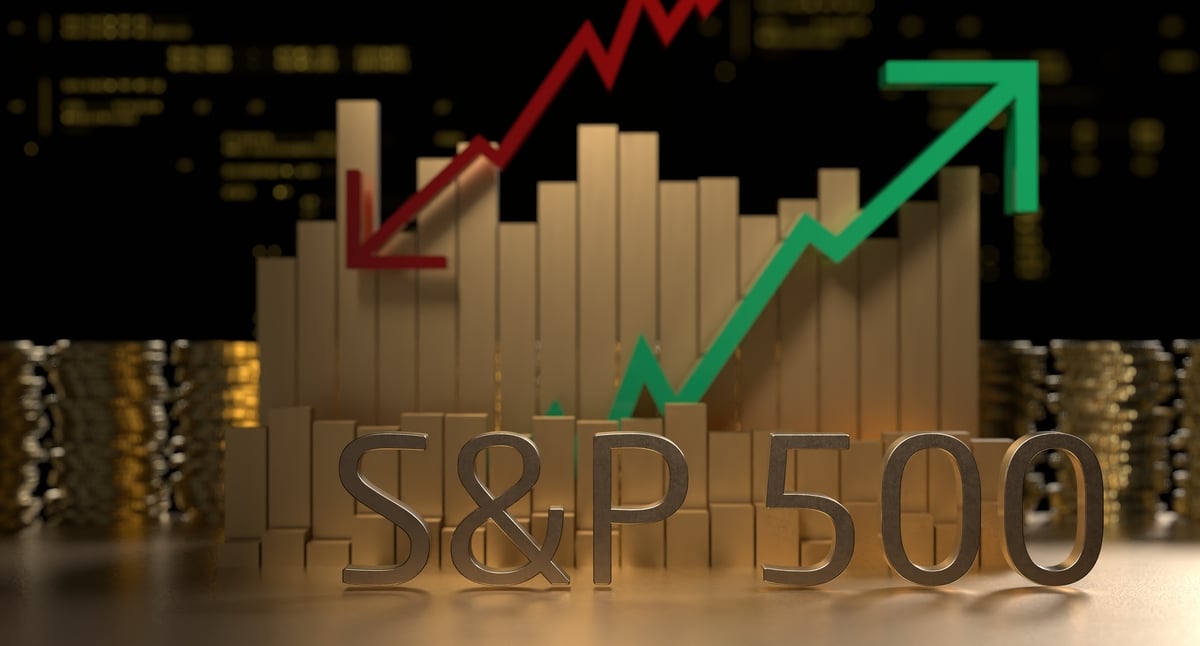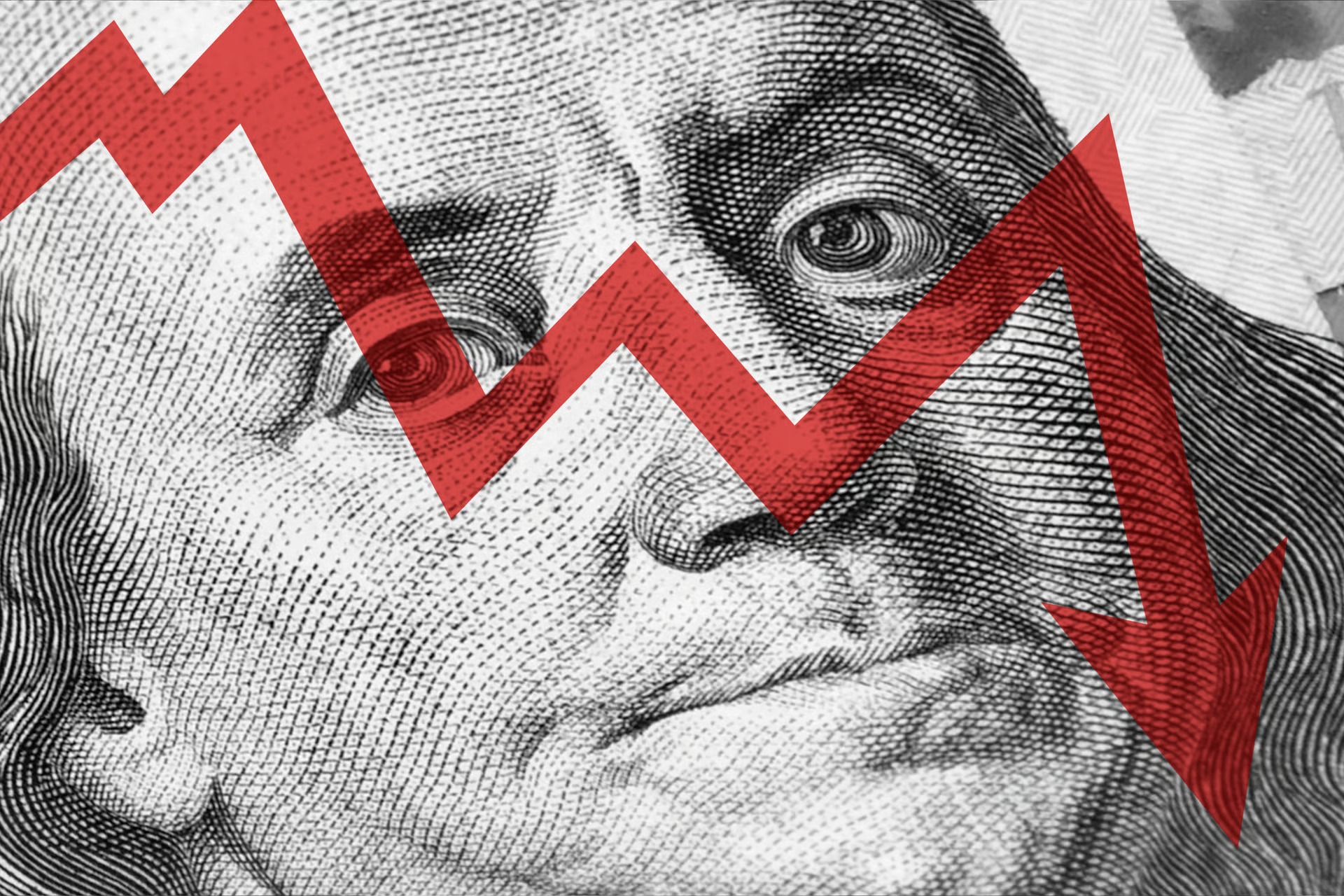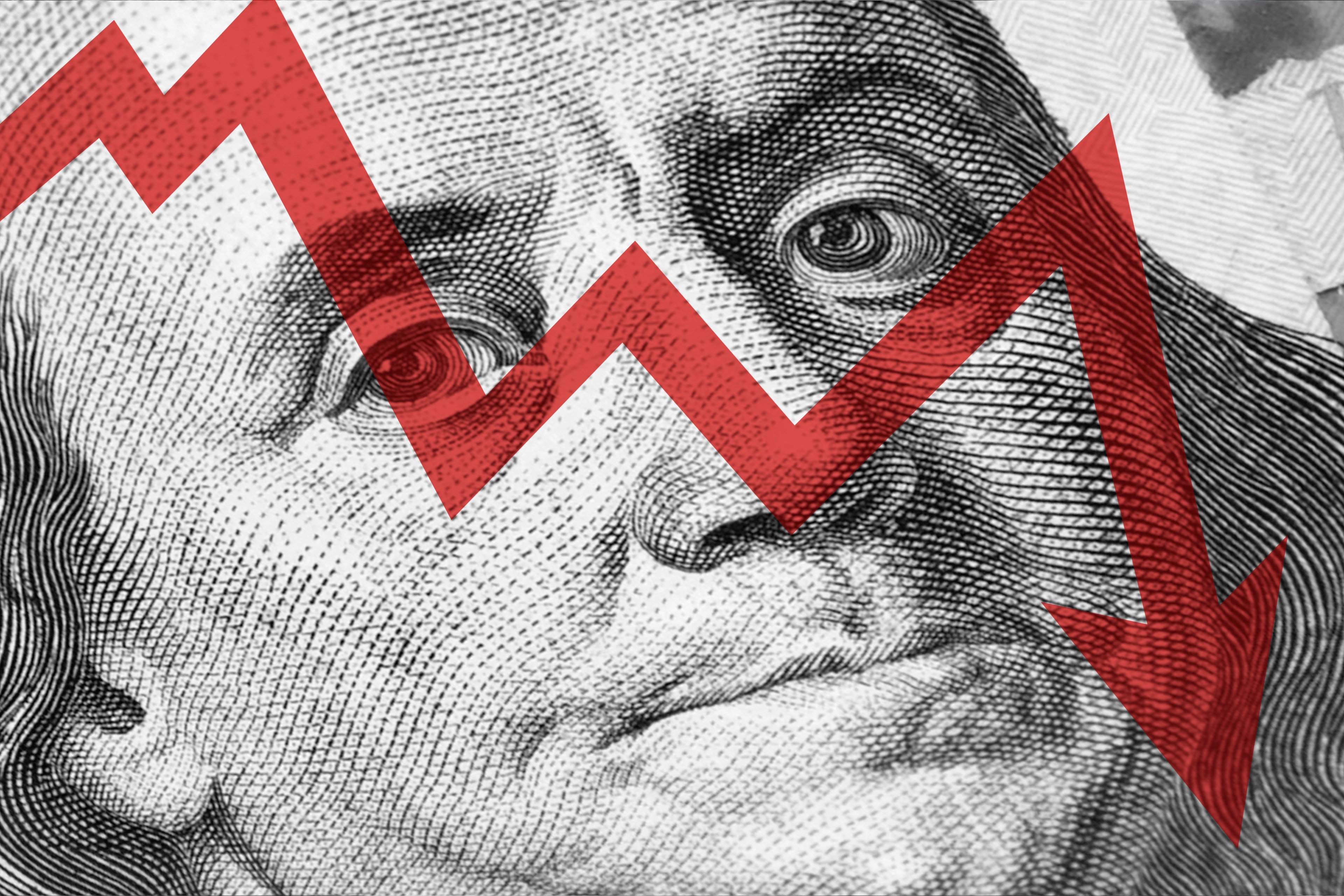To put it mildly, the first half of 2020 was quite a roller-coaster ride for investors. After plunging into a bear market faster than ever before, the major benchmarks rebounded sharply in April and May, only to cool off a bit as the COVID-19 pandemic intensified in June. In all, the S&P 500 is only 3.5% lower than where it started the year, but it's been far more turbulent than this figure implies.
As we head into the second half of the year, it's reasonable to expect less of a wild ride than we've seen thus far, but that doesn't exactly mean that we're likely to see smooth sailing for investors. The pandemic is still ongoing and there are more questions than answers when we try to look ahead to the future.
With that in mind, as we head into July, here are three big questions on investors' minds and how they could move the market.

Image source: Getty Images.
1. Will coronavirus cases keep rising?
The evolution of the COVID-19 pandemic is the No. 1 factor likely to move the stock market one way or another in July.
After peaking at a rate of about 30,000 new cases per day in April and steadily declining for the next couple months, many Americans were taken by surprise when the case numbers started rising rapidly in mid-June. Now, more people are testing positive for COVID-19 than ever before.
To be fair, we are doing significantly more testing than we were back in March and April, especially among the younger age groups and in non-serious cases. As you can see, we've gone from conducting fewer than 200,000 tests per day in the United States through much of April to about 650,000 per day currently. So, some of the increase can be attributed to ramping up testing.
US Coronavirus Cases Per Day data by YCharts.
Furthermore, the number of COVID-19 hospitalizations hasn't spiked to the degree you might expect, given the rising case numbers, and the daily death rate continues to trend downward.
Having said all that, it's clear that much of the increase in cases is due to state economies reopening too soon and not taking proper precautions. Many states and local governments have mandated masks over the past week or so, and the general sense of urgency in stopping the spread seems to have increased.
Here's the point: If the COVID-19 case numbers continue to rise and hospitals start to get overwhelmed, more states could roll back their reopening plans or at least decide not to move forward. On the other hand, if the outbreak is brought under control (or at least heading in the right direction), it could end up being a major positive catalyst for the economy and stock market.
2. How bad will earnings season be?
We all know that second-quarter earnings season will be generally bad. Sure, some work-from-home stocks or other companies that generally benefit from people being stuck at home may post excellent numbers, but the lion's share of the coronavirus-related shutdowns took place in the second quarter.
The big question is how bad it will be. Q2 earnings season gets underway in the second full week of July, with several big U.S. banks scheduled to report their latest results on July 14. While the ongoing coronavirus outbreak is likely to be the main driving force behind the market, don't forget that earnings season arrives in just a couple weeks and could move the markets in July.
3. Is a coronavirus vaccine or treatment making progress?
Finally, the outbreak statistics are just one half of the story when it comes to the pandemic's effect on the market. Any positive news in regards to the numerous coronavirus vaccines in clinical trials or any major developments on effective treatments for the disease could be a huge positive catalyst for the market. Conversely, any bad news -- say, a certain vaccine wasn't as effective as hoped -- could have the opposite effect.
Many other variables
Obviously, there are many other potential events that could move the markets. News on the China trade war is one example, and any major changes in 2020 election expectations is another. Nobody has a crystal ball that can predict what will happen, but the coronavirus outbreak and earnings season are likely to be the main driving forces behind the stock market in July.






